Dean of Research: Unread research is not a waste
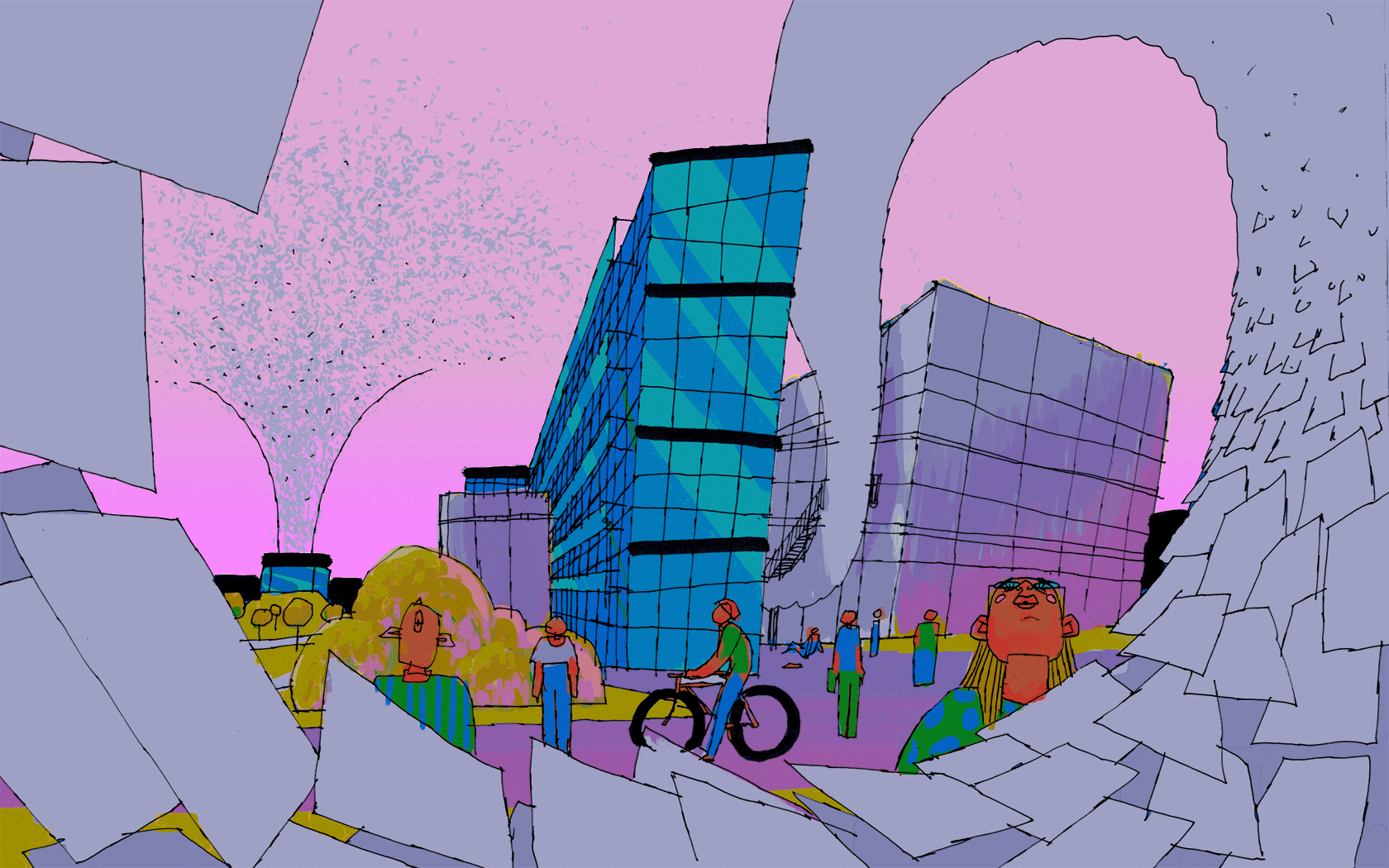
(GIF: Emil Ernst Friis)
Two CBS researchers claim that writing articles no one cares to read is a waste of time and money. The Dean of Research at CBS, Søren Hvidkjær, disagrees, arguing that conducting research implies that you don’t always make useful discoveries. However, he admits that CBS should be better at showing how society benefits from CBS research.
“Discussing how we conduct research is always useful,” says Søren Hvidkjær, the Dean of Research at CBS. This is his initial response to comments made by Niels Buus Lassen and Niels Bjørn-Andersen and their criticism of the way researchers and universities are ranked and measured.
In short, Niels Buus Lassen, PhD Fellow at the Department of Organization, and Niels Bjørn-Andersen, Professor Emeritus from the same department, claim that researchers waste time and money on writing articles no one cares to read.
But even research papers that are not read can bring new knowledge to the table, which is the purpose of research, argues Søren Hvidkjær.
“I think it’s a straw-man argument to say that researchers are writing articles nobody reads. Of course, there are papers that are read by only few people, but if we look at the word research, it comes from the word ‘search’. The point is that you don’t always know what you will find, and therefore you don’t know if it will be useful or have an impact,” he says, giving an example:
“Thomas Edison invented incandescent light, but first found approximately 6,000 ways that didn’t work. He wasn’t discouraged by the apparent failures because, based on the experiments, he got knowledge about what didn’t work, and he also knew that a positive result would have transformative impact on society.”
Today, scientific articles often form the basis for how universities and researchers are measured and ranked. Niels Bjørn-Andersen and Niels Buus Lassen don’t find that fruitful, as, according to them, it gives researchers an incentive to write papers with little effect or minimum usefulness because the number of scientific articles is ultimately of primary importance.
“I don’t think any researcher wants to conduct research that’s irrelevant. Researchers want to have an impact,” says Søren Hvidkjær.
He explains that often when researchers either apply for external funding, start a research project, or submit their research for publishing, they are required to explain why it’s relevant and how it has an impact.
“If you can’t answer why your research is relevant, you won’t get your research published in reputable outlets. And consequently you will have no impact,” says Søren Hvidkjær.
The point is that you don’t always know what you will find, and therefore you don’t know if it will be useful or have an impact
Søren Hvidkjær
However, he does accept some of the criticism and admits that CBS could be better at showing how society benefits from CBS research.
“We don’t produce new physical technologies. We deliver knowledge on, for example, innovation processes and organizational strategies. It’s slightly more abstract, but we need to be better at explaining how CBS research can be used and showing how it is already being utilized,” he says.
What matters is not the number but the quality of the articles
The number of scientific papers a researcher manages to publish is summarized in a researcher’s h-index. Niels Bjørn-Andersen’s h-index is 30, a figure he believes is given too much focus. Instead, researchers should be measured and hired on their ability to conduct and disseminate research of value to society.
“The h-index isn’t an important indicator to me, and it’s news to me that CBS would choose a candidate based mainly on the h-index. As a dean, I’m more interested in a candidate’s best work. In economics, for instance, there are only five top journals, and if you manage to get a scientific paper in one of those, it indicates that the research is of truly high quality,” he says and continues:
“In that sense, we do count the number of articles, but only the really good ones. And we certainly also look at impact when we consider hiring a researcher. Having impact outside academia is clearly important for a business school.”
The number of scientific papers published has also become an aspect of university funding in Denmark. Universities receive so-called BFI points based on the number of scientific articles they publish and the status of the journals involved. Researchers who manage to publish in top journals have more BFI points and higher funding.
I expect the researchers to have impact, but they know best how t make that impact
Søren Hvidkjær
This constitutes an economic incentive for researchers and universities to produce and publish scientific articles. Yet, according to Søren Hvidkjær, funding from BFI points does not comprise a large proportion of the budget.
“If we published fewer articles, it wouldn’t have a major impact on our research funding – at least not directly. Also, department budgets aren’t based on the ability to produce articles, as they’re at some universities,” he says.
Micromanaging researchers’ activities
Both Niels Buus Lassen and Niels Bjørn-Andersen think research should contribute towards developing society in one way or another and suggest that research, for example, should contribute to achieving the UN’s Sustainable Development Goals (SDG).
For his part, Søren Hvidkjær agrees with the importance of societal impact, but prefers researchers to have more scope to choose topics they believe are worthy of their time and effort.
“We must remember that researchers have freedom of research. We, as managers, shouldn’t dictate researchers’ actions. We shouldn’t micromanage them,” he says and continues:
“The SDGs are selected by politicians, and I would be wary of limiting the scope of research to the SDGs, although they are extremely important. Other topics are potentially as consequential. For example, how artificial intelligence can be used and misused, or the consequences of using synthetic biology.”
Nevertheless, determining what is important is difficult, admits Søren Hvidkjær and says:
“It’s obvious that I don’t have to ask researchers to focus on topics like sustainability and diversity, as they are already highly engaged in these areas. This shows they have the knowledge needed to ask the right questions. In other words, I expect them to have impact, but they know best how to make that impact.”
New ways of measuring researchers and universities
Niels Buus Lassen and Niels Bjørn-Andersen not only criticized the current system, they also suggested other ways of measuring universities and researchers.
To say that academic impact exists in a vacuum and has no effect on society is not true
Søren Hvidkjær
For example, the newly invented Twi-Li Index can measure researchers’ penetration power on social media platforms such as Twitter and LinkedIn, and thereby their ability to disseminate research through other channels.
Niels Bjørn-Andersen has suggested another new index that considers the value and effect of a researcher’s work.
Søren Hvidkjær views the current system based on peer reviewing and publications in scientific journals as the best available, and believes other systems could also have built-in disadvantages.
“Theoretically, we could measure researchers based on their media appearances. Being featured in the media is relatively easy. But who checks what is being said? Are they talking about their research, acting as experts, or talking about completely unrelated subjects? I simply mean that any system you create inevitably will have incentives built-in – even if they are not intended,” he says.

Søren Hvidkjær isn’t fond of the idea of managing what topics researchers should focus on. He argues that the researchers know how to have an impact.(Photo: Shutterstock)
In general, Niels Buus Lassen and Niels Bjørn-Andersen are interested in conducting research that impacts on society, and not just writing scientific articles for the niche audience reading scientific journals.
Søren Hvidkjær doesn’t believe a Chinese wall exists between the academic world and its potential impact on society.
“To say that academic impact exists in a vacuum and has no effect on society is not true. If that were the case, the specific field of research would have a huge problem,” he says and continues:
“The purpose of research is to bring new knowledge to the table. Having a strong research environment at CBS provides the foundation for our teaching, attracts external funding, and enables us to engage with both the public and private sectors in a diverse range of areas.”



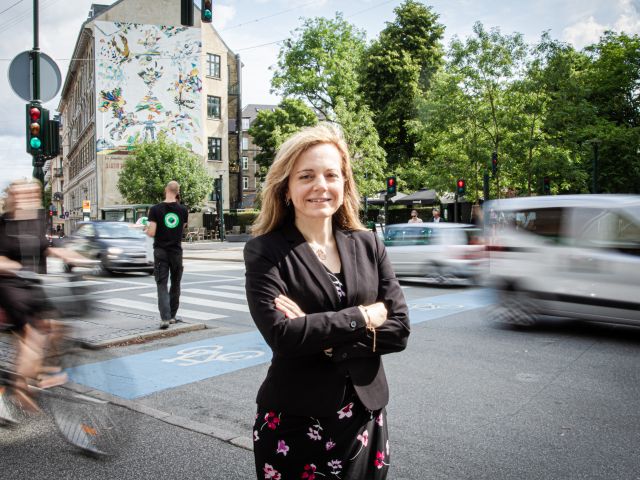
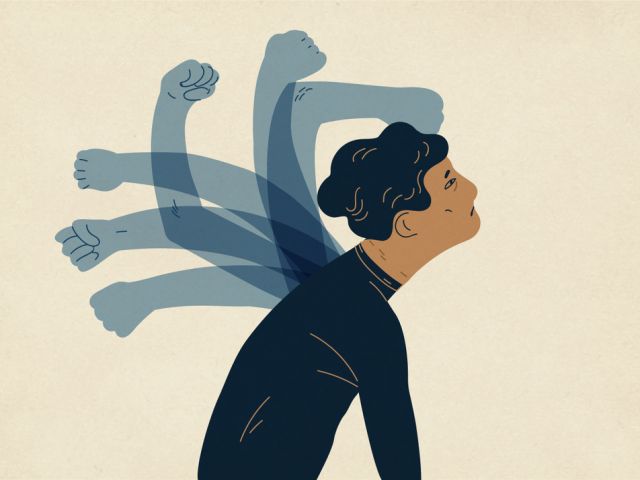

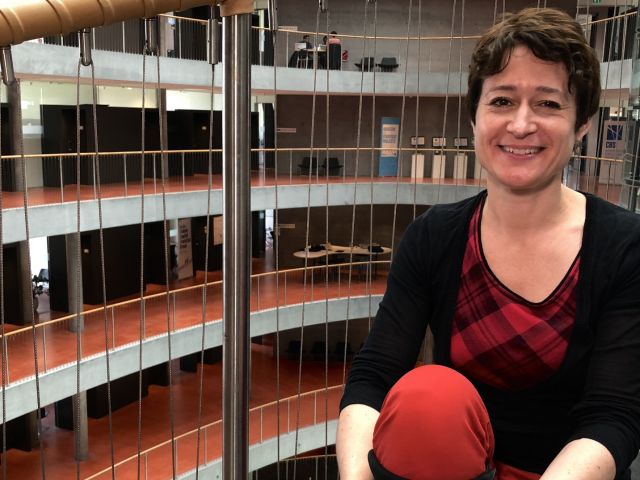
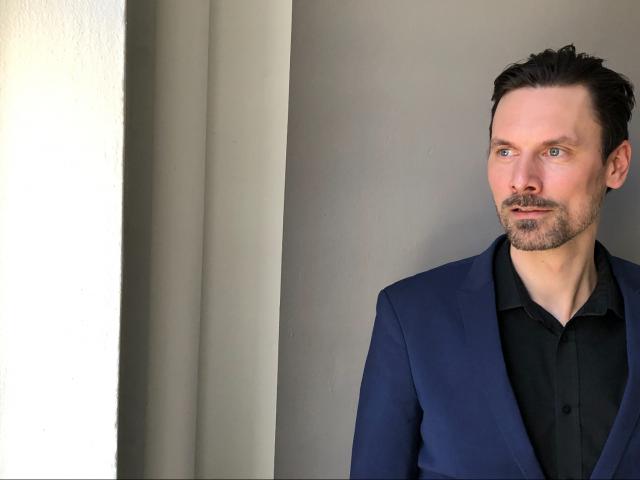
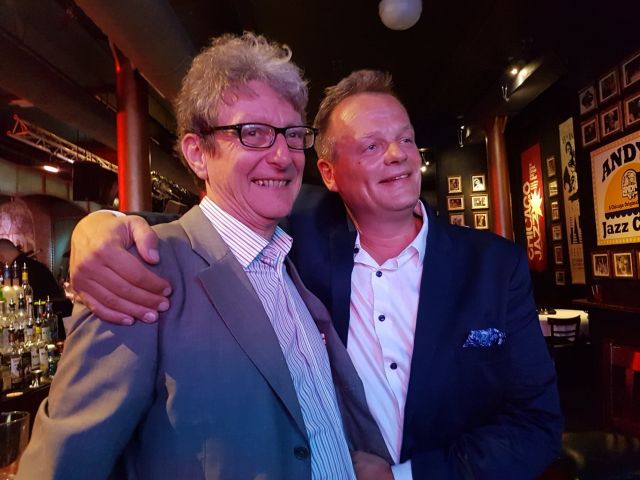
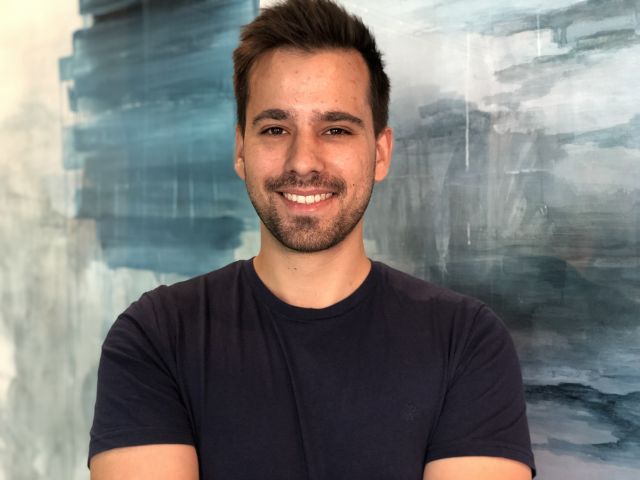
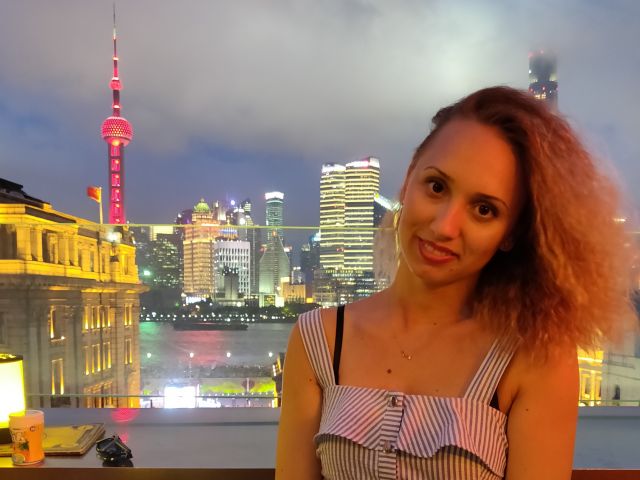




























































































































As the chairperson of one of the groups (“faggrupper”) in the bfi system who evaluate the journals in their specific field of expertise, I want to correct one factual mistake in the article above. It is not the individual researcher who gets extra money out of publishing an article in one of the highly ranked academic journals. It is the Danish university he or she is affiliated with which receives a marginally higher contribution to its research funds from the government.
The researcher benefits from publishing in highly respected journals (which have also a high chance of being rated high in the bfi system) because publishing there is considered to be a good indication of the quality of his or her research and high quality research should be a good reason for being promoted or receiving external research funds.
It is true that good quality research is not easy to identify and promotion and funding decisions should never be made on the basis of the number of bfi points a researcher has achieved. However, for incentivizing universities to create and support good research environments, using the number of likes on a facebook page or how often a piece is shared on Linkedin or Twitter instead of a publication based indicators, does not seem to me to be the way forward.